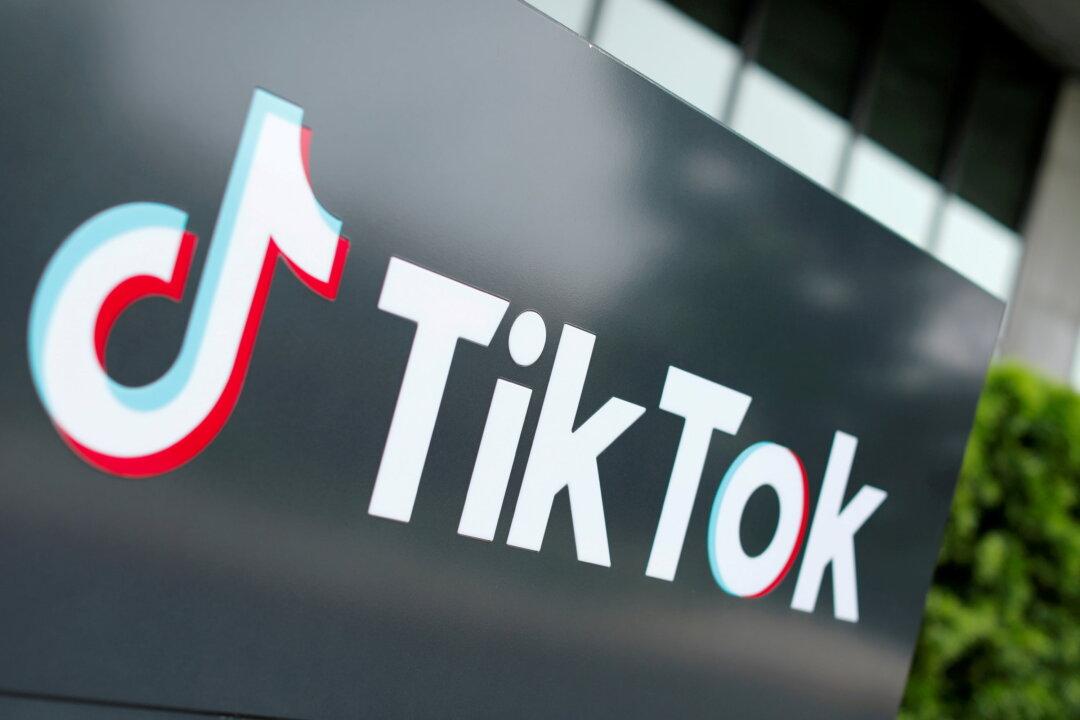Commentary
TikTok, the wildly popular and youthful social media app, is controlled by China and tripled its ad revenue in 2022 to $12 billion. Companies want access to this latest conduit to mold youthful preferences, and every year, they’re willing to pay a lot for the privilege.





